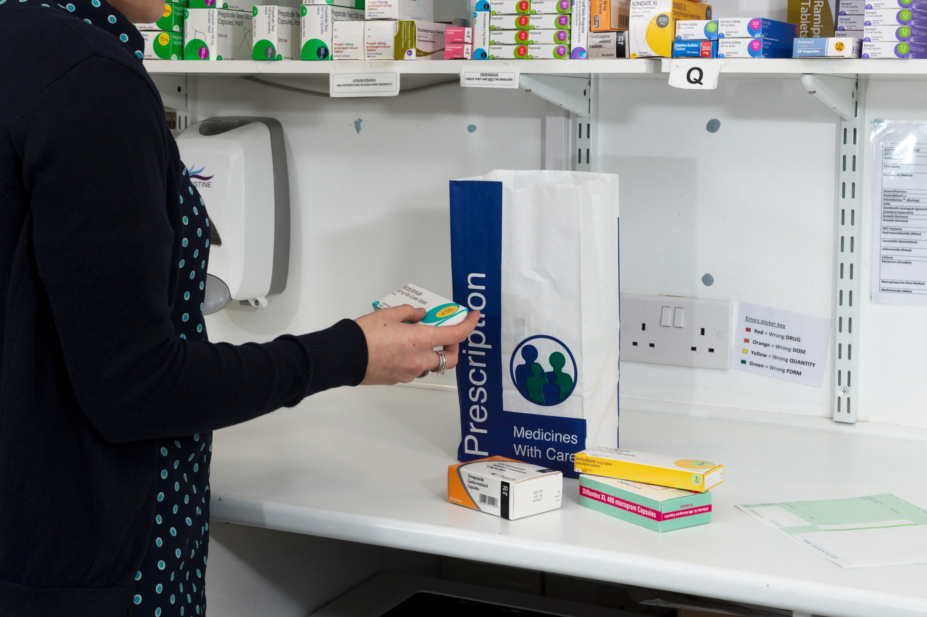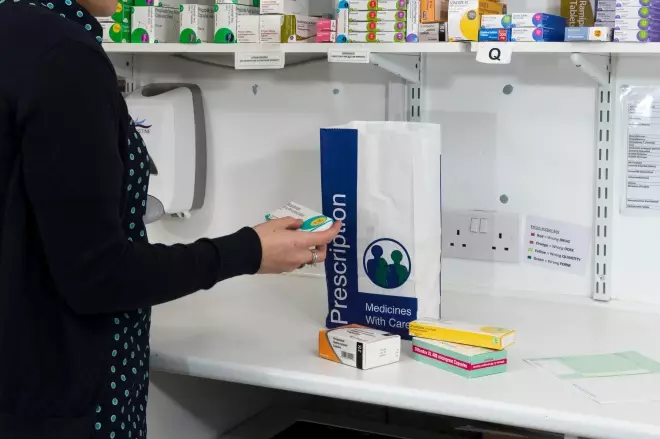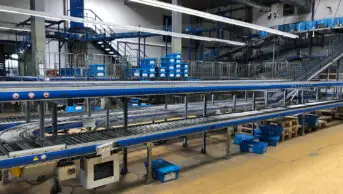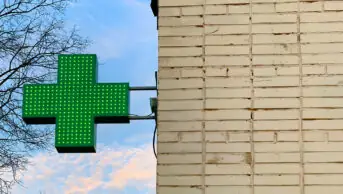
Clynt Garnham Medical / Alamy Stock Photo
Open access article
The Royal Pharmaceutical Society has made this article free to access in order to help healthcare professionals stay informed about an issue of national importance.
To learn more about coronavirus, please visit: https://www.rpharms.com/resources/pharmacy-guides/wuhan-novel-coronavirus

Source: Alamy Stock Photo
Some of the community pharmacies surveyed reported a 300% increase in home deliveries
Pharmacies dispensed between a quarter and a third more prescriptions in March 2020, compared with the previous month, according to a survey by the National Pharmacy Association (NPA).
The survey of 1,410 pharmacies also revealed that the number of home deliveries provided by pharmacies more than doubled in that time, with some reporting a 300% increase.
Meanwhile, the number of phone calls to pharmacies was also found to have tripled over the month, with all pharmacies reporting a significant increase in working hours that often required them to hire locum staff to manage the workload.
The NPA hosted the survey, between 30 March and 3 April 2020, to help the Pharmaceutical Services Negotiating Committee (PSNC) calculate the extra costs facing community pharmacies during the COVID-19 pandemic, following the government’s pledge to give the sector advance funding of £300m.
The PSNC said on 31 March 2020 that the advance, which pharmacies will receive over April and May 2020, “will need to be reconciled at a later date”, adding that negotiations for more money would continue as the £300m “is not sufficient to cover contractors’ rising costs”.
At the time of the announcement, other pharmacy bodies said the initial installment of £200m in April would “only just cover half of the estimated uplift in prescription items”.
In a statement to The Pharmaceutical Journal, the NPA said that while it could not estimate the total cost that pharmacies will incur as a result of the pandemic, pharmacies had seen the number of prescriptions dispensed increase by “approximately 25–35% from February to March [2020]”.
Andrew Lane, acting chair of the NPA, said that pharmacies are facing “extra costs relating to medicines, staffing, personal protection and many other financial outlays that cannot be avoided”.
“They have every right to expect the costs to be repaid by government and that is indeed what has been promised,” he said.
“It’s a matter of service continuity in the short term, and business survival in the long term, for a sector which has stepped up in this national crisis to save lives.”
Local pharmaceutical committees have previously told The Pharmaceutical Journal
that demand for prescriptions is similar to “Christmas and Easter combined”, with extra funding urgently needed to avoid permanent pharmacy closures.
In an effort ease the demand, the government announced in March 2020 that pharmacies would be able to use NHS volunteers to meet the increased need to for home deliveries.
However, some pharmacies have since said they would not use the volunteers, instead using their own DBS-checked delivery drivers, owing to concerns around extra workload and risk.
On 14 April 2020, NHS England announced an essential service that means pharmacies must help patients who are shielding to receive their prescriptions, either through family or friends, the NHS volunteer service or by delivering it as part of a pharmacy-run advanced delivery service.


